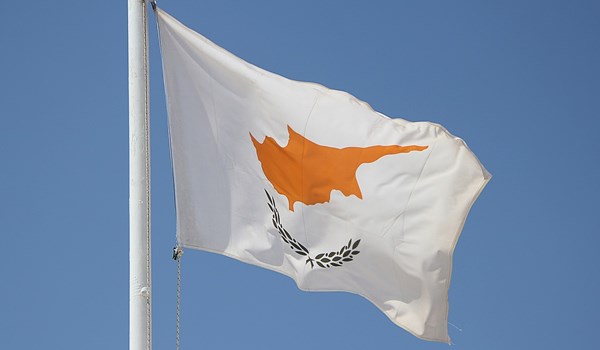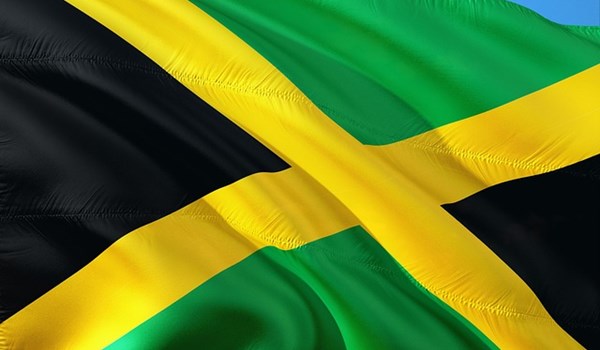A green trade row is spilling into the COP talks in Dubai, and Brazil has China’s support.
Brazil has taken its green trade row with the European Union to this year’s global climate summit.
The Brazilian government has been among the most vocal opponents of the EU’s new carbon border tax on imported goods, describing the measure as “discriminatory” and warning it might hinder rather than help global efforts to reduce planet-warming emissions.
A fight is now brewing at the COP28 conference in Dubai as Brazil — backed by China — seeks to inject its trade concerns into international talks on how to curb climate change.
In the first iteration of a draft negotiating text published Tuesday, some countries are pushing for language that would see the nearly 200 countries represented at this year’s talks criticize measures such as the EU’s carbon border tax — essentially a levy on carbon-intensive products coming into the bloc.
The proposal suggests that countries adopt a COP28 declaration that “expresses serious concern” about measures such as “sanctions on low-carbon products, restrictions on technology investment and cooperation, green barriers, discriminatory legislation, plurilateral constraints, etc.” — a series of categories that would cover the EU’s carbon levy.
That comes after delegations narrowly avoided starting the summit with a scrap over the conference agenda last week, with Brazil requesting a last-minute addition to carve out space for a discussion on “concerns with unilateral trade measures related to climate change and their potential adverse impact on equitable and just transitions.”
The development reflects the rising tensions between the EU and its trade partners, coming just as EU trade talks with Argentina, Brazil, Paraguay and Uruguay ground to a halt this week. China earlier this year also escalated a fight against the EU at the World Trade Organization (WTO) over the tax, questioning whether the measure complies with global trade rules.
Who’s angry?
The agenda request was submitted on behalf of the BASIC group of large, emerging economies — Brazil, China, India and South Africa. The accompanying justification text explicitly complained about “unilateral carbon border taxes.”
The four countries fear they could be hit hard by the so-called carbon border adjustment mechanism, which will force exporters to the bloc to pay the difference between the EU’s carbon price and that of their home countries. Carbon prices vary from country to country, with the EU’s nearing €100 at times and China’s hovering around €8.
The measure — which entered a transitional phase on October 1, with payments starting in 2026 — was designed to protect EU companies that pay a carbon price against unfair competition from countries with no or low carbon prices.
At COP28, the EU insists that tensions over the tax aren’t affecting climate talks.
“We expect these political messages of concern to continue to come up” in climate negotiations, EU lead negotiator Jacob Werksman told reporters in Dubai on Monday.
But he added: “We don’t expect them to derail the conversations, mostly because I don’t think any party expects this to be a forum for a discussion on any party’s particular [trade] measures. … There’s a whole other institution for that. That’s the World Trade Organisation.”
Yet on Tuesday, Brazil’s lead negotiator André Corrêa do Lago told reporters again that “some countries decided to adopt some trade measures that we believe don’t help developing countries to increase their efforts toward fighting climate change.”
He cited several United Nations agreements that Brazil sees as supporting its case. The BASIC submission also warns that such measures go against the Paris Agreement principles of “equity and common but differentiated responsibilities and respective capabilities,” meaning that developed countries responsible for the bulk of emissions in the atmosphere should do more to tackle climate change than developing nations.
Corrêa do Lago also hit back at suggestions that Brazil should take its concerns to the WTO instead.
“Why are we dealing with that here and not at the WTO?” he asked. “It’s very interesting. The same countries that say, ‘Oh, you shouldn’t be discussing this at COP, go to the WTO please,’ say at the WTO that ‘Oh, you should be discussing this at the [COP].”
Smiling, he said: “So we decided to talk about it here.”
China hasn’t come out against the EU’s carbon border tax while at COP28.
But the key language in Tuesday’s draft is identical to a Chinese U.N. submission from September. It’s got the same jargon, and even the same “etc.” to wrap its list of items.
To compare — China suggested countries at COP28 declare “serious concerns that some countries imposed measures, including, inter alia, sanctions on low-carbon products, restrictions on technology investment and cooperation, green barriers, discriminatory legislation, plurilateral constraints, etc.”



